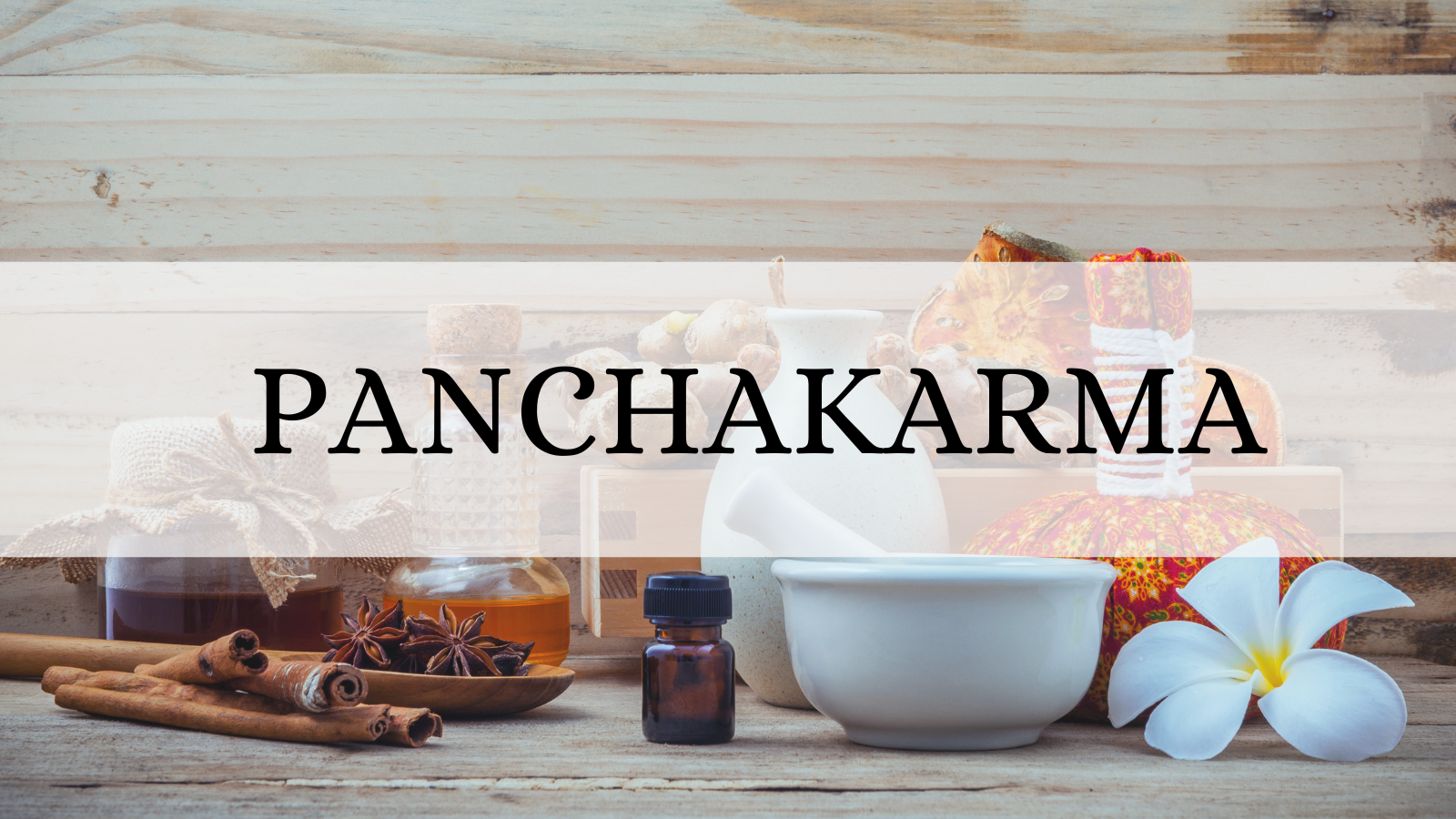Panchakarma is an ancient Ayurvedic practice that aims to detoxify and rejuvenate the body, mind, and spirit. Originating from India thousands of years ago, Panchakarma is a Sanskrit word that translates to “five actions” or “five treatments.” It encompasses a series of therapeutic procedures designed to remove toxins, restore balance, and promote overall well-being.
The philosophy behind Panchakarma is rooted in the principles of Ayurveda, a holistic system of medicine that emphasizes the interconnectedness of the body, mind, and environment. According to Ayurvedic teachings, imbalances in the three doshas – Vata, Pitta, and Kapha – can lead to disease and discomfort. Panchakarma aims to correct these imbalances through a combination of purification techniques tailored to each individual’s unique constitution and health needs.
The Five Steps of Panchakarma:
Preparatory Phase (Purvakarma): Before undergoing Panchakarma treatments, individuals undergo a preparatory phase to prepare their bodies for the detoxification process. This may involve dietary modifications, herbal supplementation, and lifestyle adjustments to help loosen toxins and prepare the body for elimination.
Detoxification (Pradhana Karma): The main phase of Panchakarma involves the actual detoxification treatments. These treatments are administered under the guidance of trained Ayurvedic practitioners and may include:
Vamana (Therapeutic Vomiting): This procedure involves the ingestion of medicinal substances followed by induced vomiting to eliminate excess Kapha from the body.
Virechana (Purgation): Virechana is a cleansing therapy that involves the use of herbal laxatives to promote the elimination of Pitta-related toxins through the bowels.
Basti (Enema Therapy): Basti treatments involve the administration of herbal decoctions or oils through the rectum to cleanse and nourish the colon and promote the elimination of Vata-related toxins.
Nasya (Nasal Administration): Nasya involves the application of herbal oils or powders to the nasal passages to clear the sinuses, improve respiratory function, and remove toxins from the head and neck region.
Raktamokshana (Bloodletting): In rare cases, bloodletting techniques may be used to purify the blood and remove impurities.
After the detoxification phase, individuals undergo rejuvenation therapies to replenish and nourish the body. This may include dietary recommendations, herbal remedies, massage, yoga, meditation, and other lifestyle practices to promote healing and restore balance.
Throughout the Panchakarma process, individuals receive guidance on diet and lifestyle practices tailored to their dosha constitution and health goals. This may include recommendations for specific foods, herbs, spices, and daily routines to support detoxification, digestion, and overall well-being.

Benefits of Panchakarma:
- Panchakarma helps to remove accumulated toxins from the body, promoting cellular rejuvenation and overall health.
- By balancing the doshas, Panchakarma restores harmony to the body, mind, and spirit, leading to greater vitality and well-being.
- Panchakarma treatments support healthy digestion and metabolism, enhancing nutrient absorption and elimination of waste.
- The holistic approach of Panchakarma helps to reduce stress, calm the mind, and promote emotional balance.
- Panchakarma strengthens the immune system, making the body more resilient to disease and illness.



